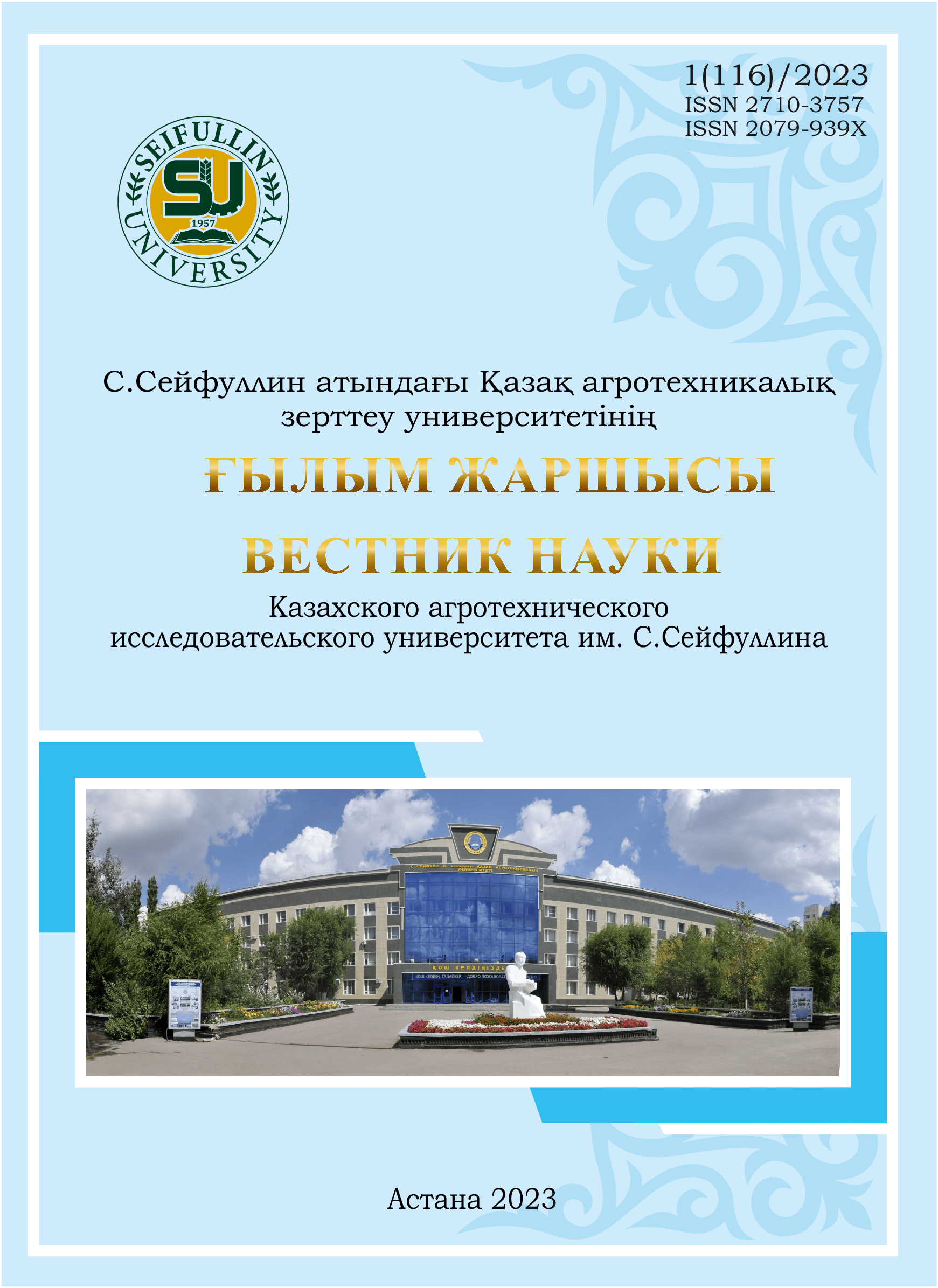STUDIES OF THE OXIDATIVE PROPERTIES OF MIXTURES OF VEGETABLE OILS
DOI:
https://doi.org/10.51452/kazatu.2023.1(116).1324Keywords:
mixtures of vegetable oils; oxidation; acidity; amount of peroxide.Abstract
Lipid oxidation is the main spoilage mechanism of vegetable oils, which causes loss of nutritional and sensory properties. There is a problem of lipid oxidation in edible oils due to the fact that they are constantly subjected to various storage conditions or overheating. There are many measures to reduce the mass fraction of oxidation products in oil. One area that has not yet been thoroughly explored is the use of seed oils from new crops mixed with less stable traditional oils. This study examines mixtures of traditional vegetable oils with grapeseed oil, with linseed oil and how such mixtures affect oxidative stability. The study shows the change in acid value and peroxide value at different temperatures (60˚С, 80˚С, 120˚С) during the controlled oxidation of various mixtures of vegetable oils: a mixture of linseed oil and sunflower oil in a ratio of 25:75; a mixture of linseed, grape and sunflower oils in a ratio of 10:10:80 and a mixture of safflower, rapeseed and sunflower oils in a ratio of 33:33:33. The influence of the fatty acid composition of mixtures on their ability to oxidize has been established. The obtained research results allow manufacturers to analyze the effect of the fatty acid composition of the composition on their storage capacity. The studies were carried out in the laboratory of the Kazakh National Agrarian Research University (KazNAIU) at the Department of Technology and Safety of Food Production, in the Kazakh-Japanese Center at KazNAIU, in the accredited Research Laboratory for Assessing the Quality and Safety of Food Products of JSC "Almaty Technological University" in 2021-2022.

